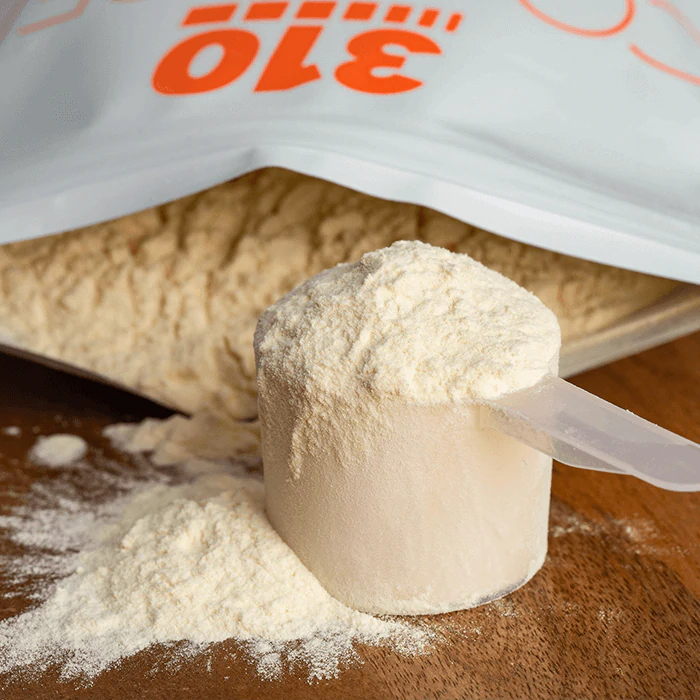A set point is range in weight that your body likes to settle out at. You can diet and exercise faithfully and when you reach your goal weight, what happens? Slowly you gain back all that weight you worked so hard to lose. You seem to hold on to a weight range.
Set point is the weight range in which your body is programmed to function optimally. Set point theory holds that one’s body will fight to maintain that weight range. Everyone has their own set point, and as stubborn as it is, it feels like there’s nothing you can do to change it. But there is. It isn’t easy, but it can be done, and the effort is well worth it.
Everyone has their own set point, and as stubborn as it is, it feels like there’s nothing you can do to change it. But there is. It isn’t easy, but it can be done, and the effort is well worth it.
As stated before, set points vary for each individual person. That is why it’s not a good idea to pay much attention to those weight charts in the doctor’s offices and some medical books. At any given time, your body’s set point can range between ten to twenty pounds. This is where your body is comfortable.
Body Weight Set Point Theory
The body weight set point theory states that the body uses hormones, hunger, behavior changes, and such to maintain a range of body weight. Our bodies function on a system of regulation that fights against the loss of weight much more than gaining weight. That’s why it’s so much easier to gain weight than to lose it.
There are a lucky few who seem to be able to eat anything they choose and never gain weight. That’s another story and it doesn’t include the majority of us. What determines your body weight set point? There are a few factors that influence this.
We like to blame genetics for our overweight state, but that’s just a cop out. Research indicates that certain “obesity genes” can be turned off through exercise alone. While your genetics can predispose you to a certain amount of fatness, you can overrule them with the right behaviors.
Genetics is one of them. Although, genetics plays a lesser degree than you might think. So don’t look at your overweight family and think that your situation is hopeless. We like to blame genetics for our overweight state, but that’s just a cop out. Research indicates that certain “obesity genes” can be turned off through exercise alone. While your genetics can predispose you to a certain amount of fatness, you can overrule them with the right behaviors.
Activity and Exercise
It’s no secret that lower caloric intake and a consistent exercise plan can reduce weight. Your daily physical activity along with some type of exercise can reset your pesky body weight set point. Wouldn’t it be great if you could lose the weight you are working so hard to get rid of and that be your new set point? Physical activity levels play a large role in determining body weight set points. Just as important as lowering your caloric intake is a consistent exercise regime.
Diet and Set Points
Eating a lot of food doesn’t increase your body’s set point or keep it high. Eating little doesn’t decrease it or keep it low. It’s possible to be obese and still take in a small amount of calories.
As a matter of fact, that’s a dilemma millions of us find ourselves in. We wonder, “How can I be so overweight when I eat so little?” On the other hand, we can exercise until the cows come home and still not lose a pound.
This is because our bodies are programmed to increase calorie intake in response. This instinct is a lot stronger in some people than others. It’s the relationship between calories taken in and sufficient exercise that influences our body weight set point.
Our bodies are programmed to increase calorie intake in response. This instinct is a lot stronger in some people than others. It’s the relationship between calories taken in and sufficient exercise that influences our body weight set point.
As Michael Matthews of Muscle For Life explains, “As you gain weight, your body will employ strategies to try to ‘zero’ the energy surplus and prevent further weight gain, but these inborn ‘anti-obesity mechanisms’ are just no match for our modern lifestyle of over consumption of calorie dense foods and under movement.” As you get fatter and fatter, your body weight set point rises as well.
Diet and Low Body Weight Set Point
The longer you remain in a given body weight range, the more comfortable your body gets at that weight. So, how do we reset to a lower set point? The plan that balances your caloric input with your caloric output is the best way to accomplish your goal.
There is evidence that a low-fat, high carbohydrate diet is far more effective way to normalize AND stabilize your body weight set point. This is because carbohydrates are more satisfying and filling than dietary fats. In addition, your body is particularly good at burn off carbohydrates instead of storing fats.

Hormone Profile and Body Weight Set Points
Your hormone levels do affect your set point, but they don’t determine it. If you suspect you have a hormonal problem, confer with your doctor. But generally speaking, we can all have a healthy hormone profile simply by living a healthy as possible. How can we accomplish this?
Let nutritious foods supply most of your calories. Eat enough protein. Participate in a consistent exercise plan. Get plenty of sleep and last but not least, manage your stress levels. Nothing helps maintain a low body weight set point like adding a substantial amount of muscle to your frame. And your hormone health will be more than adequate for maintaining a low body weight set point.
Let nutritious foods supply most of your calories. Eat enough protein. Participate in a consistent exercise plan. Get plenty of sleep and last but not least, manage your stress levels. Nothing helps maintain a low body weight set point like adding a substantial amount of muscle to your frame.
Raising your set point is pretty easy. Just keep overeating and that’ll do it. But you probably want to lower your point. It’s not as easy as raising it, but it is possible. Lowering your body weight set point takes patience, discipline, and consistency, but it isn’t particularly hard. The payoff is well worth it, too.
You can maintain low levels of body fat with relative ease and develop a “resistance” to fat gain despite bouts of overfeeding, says Muscle For Life. The first step is lowering your body fat. So, get to work getting your fat count down to a maintainable level. Your best bet to accomplish this is lower caloric intake and begin some resistance training. Then get involved in high-intensity aerobic training.
Next, in order to reset your Body Weight Set Point, increase the basal metabolic rate. The more muscle you have, the more energy your body burns while at rest. The more energy your body burns while at rest, the more food you get to eat every day without gaining fat. In addition, the more muscle you have, the less fat you do gain when you overeat.
In Conclusion
We think Muscle For Life says it well, “The more muscle you have, the less you’re “punished” for eating too much. This “wiggle room” works wonders for long-term dietary compliance because a large amount of muscles lets you regularly indulge in high-calorie feasts with little-to-no consequences. Simply put, the more muscle you have, the easier it is to get and stay lean.” We encourage you to get your body weight set point down where you can maintain it. It will make living a leaner like so much easier. Good luck!
The more muscle you have, the less you’re “punished” for eating too much. This “wiggle room” works wonders for long-term dietary compliance because a large amount of muscles lets you regularly indulge in high-calorie feasts with little-to-no consequences.
Sources:
http://www.muscleforlife.com/body-weight-set-point http://www.ncbi.nlm.nih.gov/pubmed/7985625 http://www.ncbi.nlm.nih.gov/pubmed/23736367















